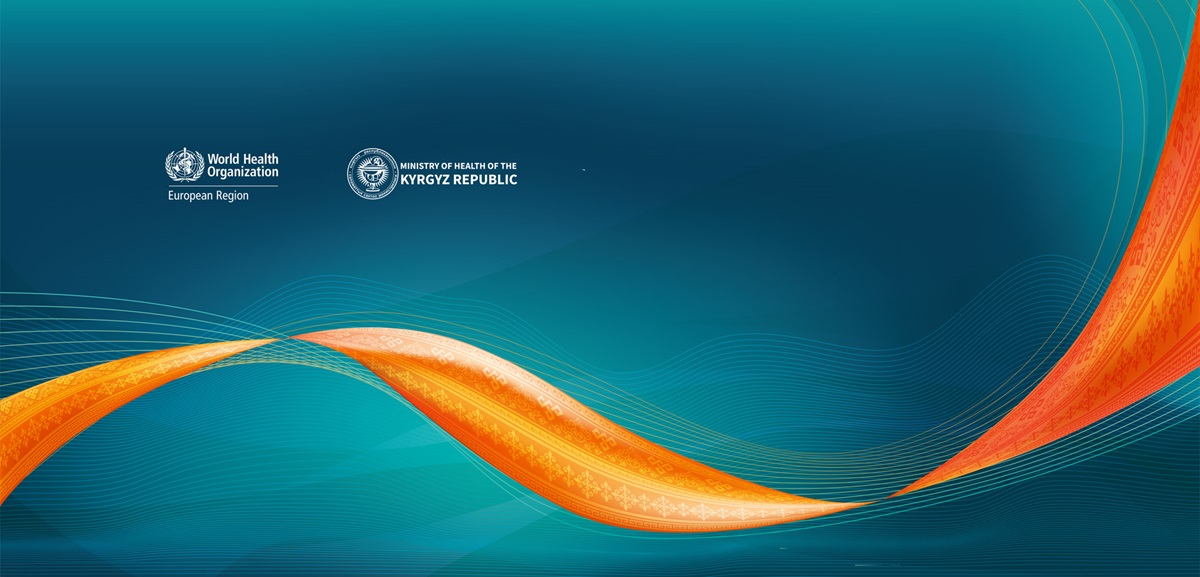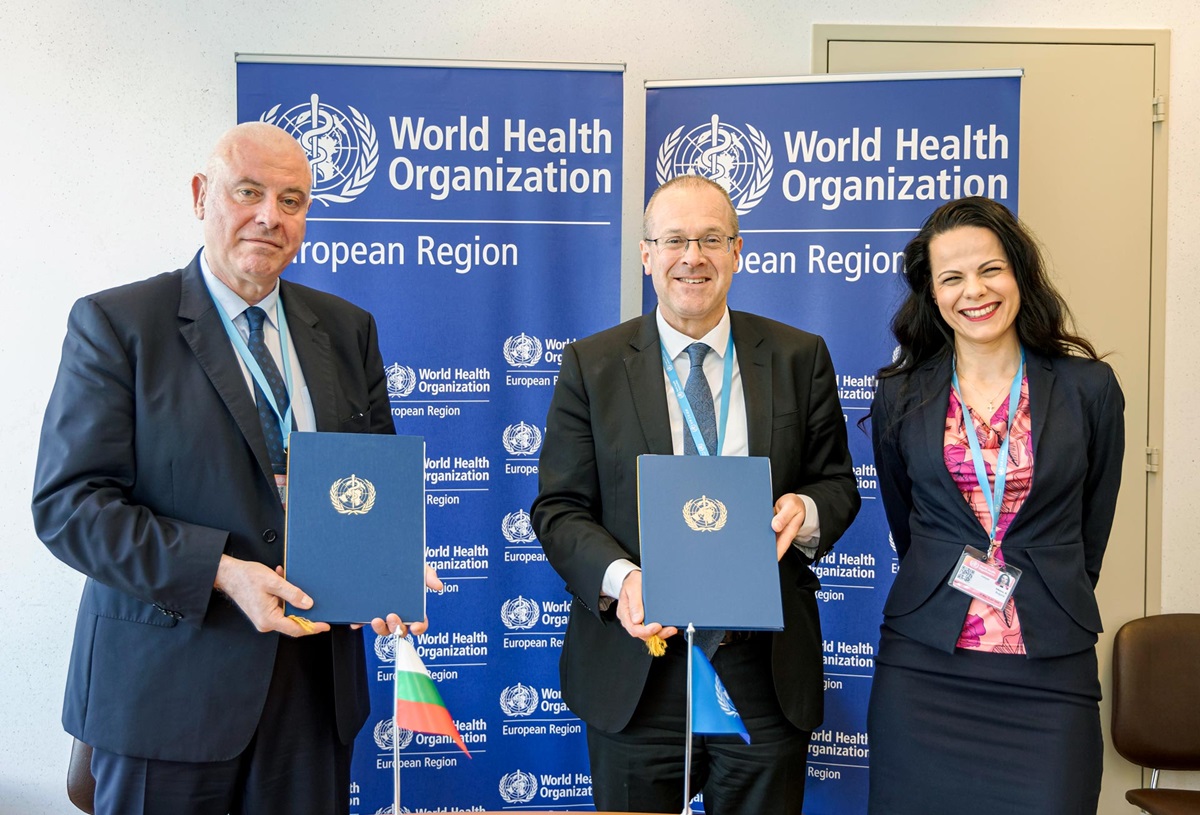No images? Click here
Peering through tobacco’s smokescreen: young people fight for clarity and freedom
31-05-2024
“It’s really important for my generation to feel like they’re fighting for something, like they’re part of a trend, they’re part of a movement. And we see that this works.” So says youth leader Karina Mocanu, who oversees a group of young people dedicated to improving tobacco control in Europe. The European Network for Smoking and Tobacco Prevention (ENSP) launched ENSPNext, the group that Karina coordinates, in response to an alarming rise in tobacco use among youth in Europe. The group aims to help young people recognize the manipulative tactics used by an industry keen to exploit them and foster a lifelong nicotine addiction. “When you’re addicted to something, you aren’t free to do whatever you want because you depend on a product and need to spend money on that product,” Karina points out. “It isn’t cool to
consume, it’s a trap. We aim to empower young people to take back their freedom.”
World No Tobacco Day awards 2024: champions of the tobacco-free future
Central Asia International Health Investment Forum
26–27 June 2024, Bishkek, Kyrgyzstan
WHO/Europe and the Ministry of Health of the Kyrgyz Republic are organizing the Central Asia International Health Investment Forum in Kyrgyzstan, on 26–27 June 2024. Under the patronage of the President of the Kyrgyz Republic, the Forum will bring together key international, regional and national political and financial stakeholders and result in: a) a clear commitment to increased investments in health in Central Asia to accelerate progress towards SDG 3; and b)a new multi-stakeholder partnership group overseeing the implementation of this commitment.
UKRAINE EMERGENCY
Refining primary health care financing in Ukraine: examining provider costs and impact of war
21-05-2024
Primary health care in Ukraine: improving health services amid the war and beyond
16-05-2024
WHO steps up emergency-care training in Ukraine amid ongoing war
10-05-2024
Ukraine emergency situation reports
COVID-19
COVID-19 eliminated a decade of progress in global level of life expectancy
24-05-2024
COVID-19 vaccines
From the global site
Increasing Recognition, Research and Rehabilitation for Post COVID-19 Condition (long COVID)
WHO remains committed to learning more about long COVID and to finding ways to improve the medium- and long-term outcomes for people affected by it.
Partnering with the European Union to support deployment of COVID-19 vaccines and vaccination
The EU and WHO/Europe together provide critical assistance to Member States of the WHO European Region to ensure local readiness for safe and effective vaccination campaigns against COVID-19

28-05-2024
According to the latest available data, 56 634 measles cases and four deaths were officially reported across 45 out of 53 countries in the WHO European Region during the first three months of 2024. Throughout 2023, 61 070 cases and 13 deaths were reported by 41 countries. Measles has a devastating effect on children’s health, with young children most at risk of severe complications. High rates of hospitalization and long-lasting weakening of children’s immune systems make children more vulnerable to other infectious diseases. More than half of those who contracted measles in the Region in 2023 were hospitalized, demonstrating the severe burden on individuals, families and health-care systems. “Even one case of measles should be an urgent call to action,” noted Dr Hans Henri P. Kluge, WHO Regional Director for Europe. “No one should suffer the consequences of this devastating but easily preventable disease. I applaud every country that has accelerated their efforts to interrupt transmission through catch-up vaccination. I urge all countries to take immediate action, even where overall immunization coverage is high, to vaccinate the vulnerable, close the immunity gaps and thereby prevent the virus from taking hold in any community.”
The inequality epidemic: low-income teens face higher risks of obesity, inactivity and poor diet
23-05-2024
WHO/Europe and European Commission join forces to promote physical activity
22-05-2024
First cohort complete WHO and CDC Informatics and Data Science for Health course
17-05-2024

REGIONAL DIRECTOR
03-06-2024
On 1 June, during the Seventy-seventh World Health Assembly (WHA77), delegates from the Ministry of Health and Ministry of Foreign Affairs of Bulgaria and from WHO/Europe met to commemorate the signing of the biennial collaborative agreement (BCA) between WHO and Bulgaria for 2024–2025. The BCA was signed in Sofia the preceding week by Dr Galia Kondeva, Minister of Health of Bulgaria, and countersigned by Dr Hans Henri P. Kluge, WHO Regional Director for Europe. Professor Plamen Dimitrov, Director of the National Center of Public Health and Analysis, and Ms Katya Ivkova, Director of the European Coordination and International Cooperation Directorate of the Ministry of Health, joined Dr Kluge during this in-person, commemorative event. The BCA provides a mutually agreed framework for collaboration between Bulgaria and WHO at the country level, guided by WHO’s mandate to work towards health for all. It was developed through a consultative process whereby WHO and Bulgaria agreed on the main priorities for collaboration, including main outcomes, outputs, services and deliverables.

24-05-2024
Loredana is a community nurse in the commune of Țigănași in north-east Romania. She serves 4 villages which have a total population of 4826. Her working day begins when she packs her medical bag with all the equipment she will need and checks her itinerary.
Read more
An integrated and people-centred approach to diabetes management paying dividends in Uzbekistan
03-06-2024
Boosting vaccine storage, transportation, handling, and management in Azerbaijan
30-05-2024
WHO renews the Collaborating Centre for Occupational Health in North Macedonia
15-05-2024
Uzbekistan joins the Global Platform for Access to Childhood Cancer Medicines
10-05-2024
Climate change in Cyprus: a health perspective
10-05-2024
Health Hackathon: finding digital solutions for health challenges in Ukraine
07-05-2024

EVENTS
Optimizing the health and care workforce through data and digital health
6 June 2024 14:00–15:00 CEST, online
Launch of the Strategic Partners’ Initiative for Data and Digital Health
13 June 2024, Copenhagen, Denmark
Summer school: Systems thinking and innovation for the prevention of noncommunicable diseases and a healthy ageing population in the WHO European Region
16 – 19 July 2024, Nice, France
15th conference of the European network for the promotion of health-enhancing physical activity (HEPA Europe)
19 – 21 August 2024, Dublin, Ireland








